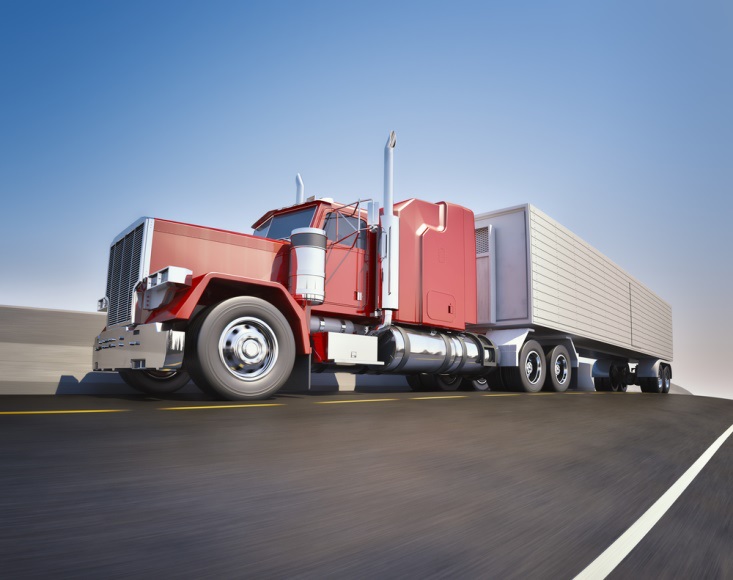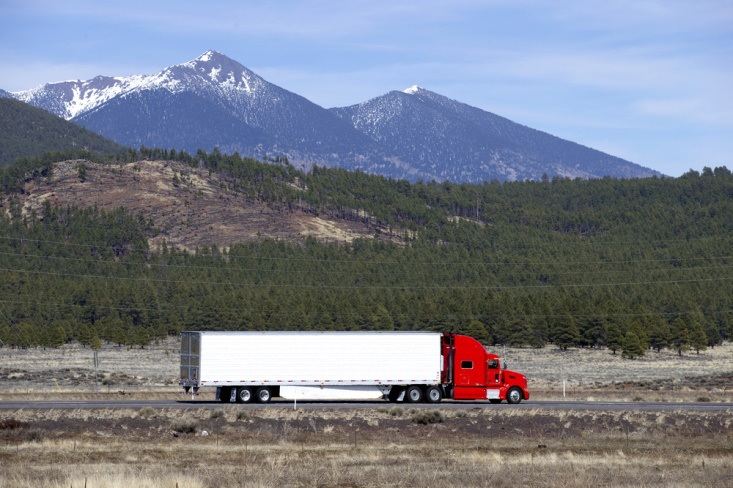
There are dozens of reasons you might want to purchase a heavy-duty vehicle. Whether you own a business that will rely on ground transportation or you are a trucker seeking more autonomy in your occupation, having your own truck is a significant step toward more power and higher profits.
However, buying a commercial truck isn’t like getting a personal vehicle. Because heavy-duty machinery is so much more expensive than the average four-wheeler, every step of the process ? from gaining approval from a financial institution to test-driving the truck of your dreams ? is more complicated than you can imagine. Yet, with some preparation (and some altered expectations) you can ensure your first heavy duty truck purchase goes smoothly. Here are three big steps to acquiring a commercial vehicle of your very own.
Choosing a Truck
Perhaps the most exciting of the steps (save taking the keys and driving your heavy-duty dream off the lot) choosing the perfect truck for your business is a crucial step in the process. The truck will determine the ease of the following two steps ? as well as your satisfaction for the next 10 years or more ? so it is essential that you choose wisely. The right truck will:
- Fit your budget. A top-of-the-line Kenworth might sound nice, but you are limited to options that you can afford. Before you begin the hunt, you should look into your finances and set a strict budget, which should include expenses like fuel and insurance.
- Complete jobs well. Every business has distinct needs for its commercial fleet. You should know precisely what your heavy-duty truck’s primary and secondary responsibilities will be. For example, if you are expecting some long hauls, you might need a Volvo truck, but for shorter trips, you might get away with an E-Series Ford.
- Suit your brand. Different makes and models of trucks have different feels. Your truck should have all the amenities your drivers need to feel comfortable, and it should match your brand image with appropriate features.
Finding a Seller
On one hand, it isn’t terribly difficult to find heavy-duty equipment for sale. On the other hand, it can be a major headache trying to determine whether or not you can trust various sellers. Though there are a number of websites that connect third-party sellers with potential buyers, it generally isn’t wise to buy a heavy-duty vehicle, used or new, from just anyone. Even at organized auctions, most experienced truckers know to perform full inspections of every rig before considering laying down a dime.
If this is your first commercial truck, you would probably do better looking into certified dealers. Like with four-wheeler sales, many heavy-duty truck dealers align with particular brands. Therefore, once you decide upon the make and model you want, you will need to locate an appropriate dealer; for example, if you are interested in a Volvo semi, you should find a respectable Volvo truck dealer.
The right dealer will make the ordeal of acquiring a commercial vehicle much easier. Knowledgeable in the heavy-duty market, sales staff can work with your budget to provide you the best possible deal on your dream truck. Additionally, dealerships often maintain relationships with financial institutions, so you can almost circumvent the headache of finding financing.
Applying for Financing

With a four-wheeler, finding financing is as easy as stepping into your bank and asking for an auto loan, but with heavy-duty trucks, the process is a bit more complex. Not every financial institution is willing or able to offer financing on such machinery, and worse still, many lie about the terms they can offer. That’s why it is especially important that you work with an institution you trust.
Even then, you might not have what it takes to get approved, depending on your background and the truck you want. There are seven risk factors that determine the ease with which you will find financing for your heavy-duty dreams:
- Type of truck. Vocational trucks, that is heavy-duty vehicles used as equipment like dump trucks or cement trucks, are much easier to finance than transportation trucks, which are almost always semis.
- Age of truck. Vehicles younger than 10 years are relatively easy to underwrite, but older trucks have fewer and fewer willing financiers.
- Source of purchase. Third-party sellers are shady for all sorts of reasons, and most financiers strongly prefer to do business with familiar dealers.
- Type of business. Owner-operators often have a hard time finding financing because if their truck breaks, they are out of business for a while. That doesn’t mean it’s impossible for owner-operators to find funding, but it is more difficult.
- Age of business. Usually, a trucking company younger than two years is looked upon as new and untested, and some financiers are reluctant to make such an investment.
- Health of credit. Just as your credit score matters when you finance a four-wheeler, your credit comes to bare upon your heavy-duty truck payments. If you have a history of late child support, vehicle repossession, or bankruptcy, you might hold off on buying a truck. If you’re already in the trucking business looking to get a new truck, make sure to use freight bill factoring instead of putting maintenance costs on credit cards to avoid risking your credit.
- Amount of cash. Most financial institutions will ask for a sizeable down payment, no matter how healthy your credit or how strong your business. If you don’t have enough cash, you won’t be able to buy your dream truck.